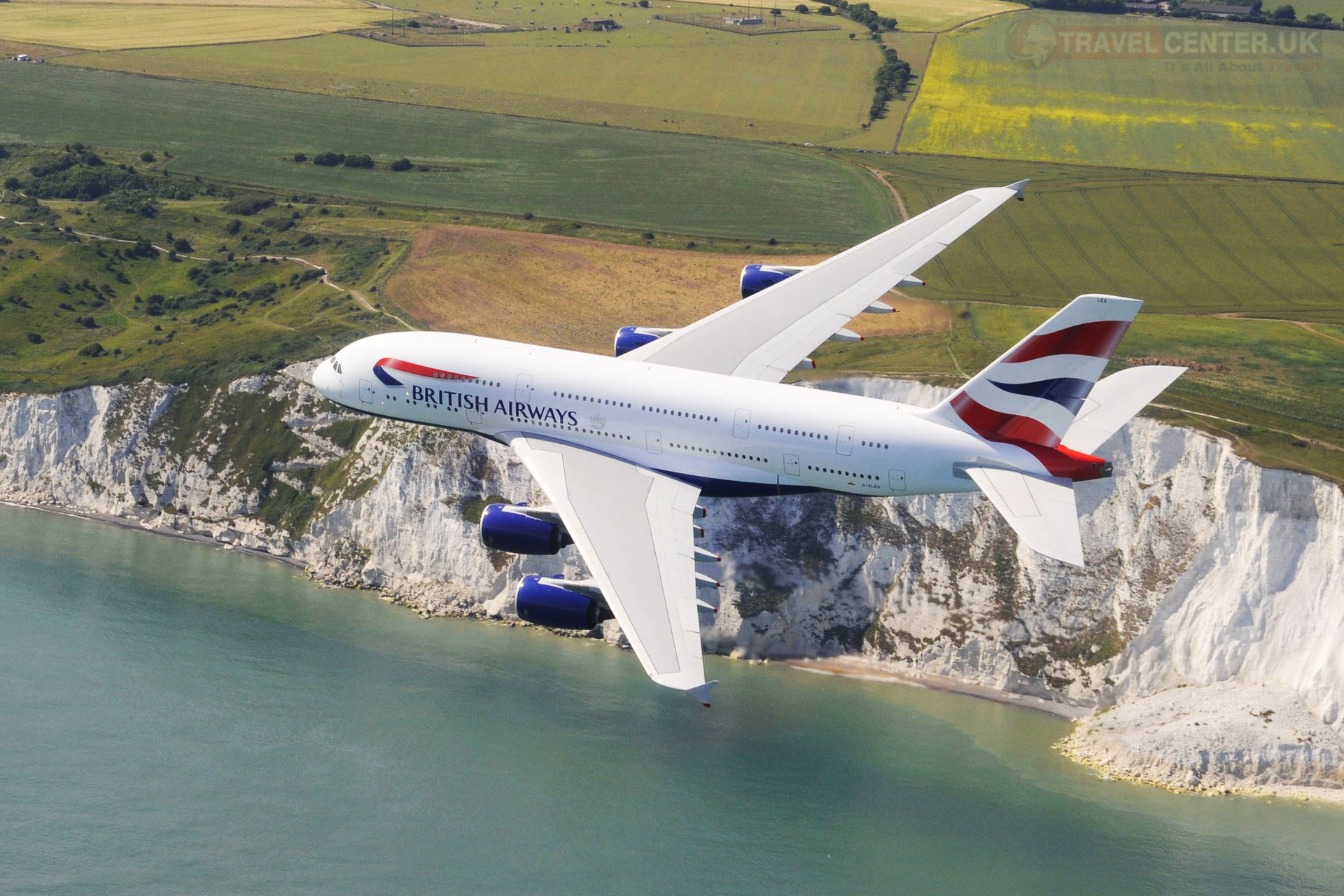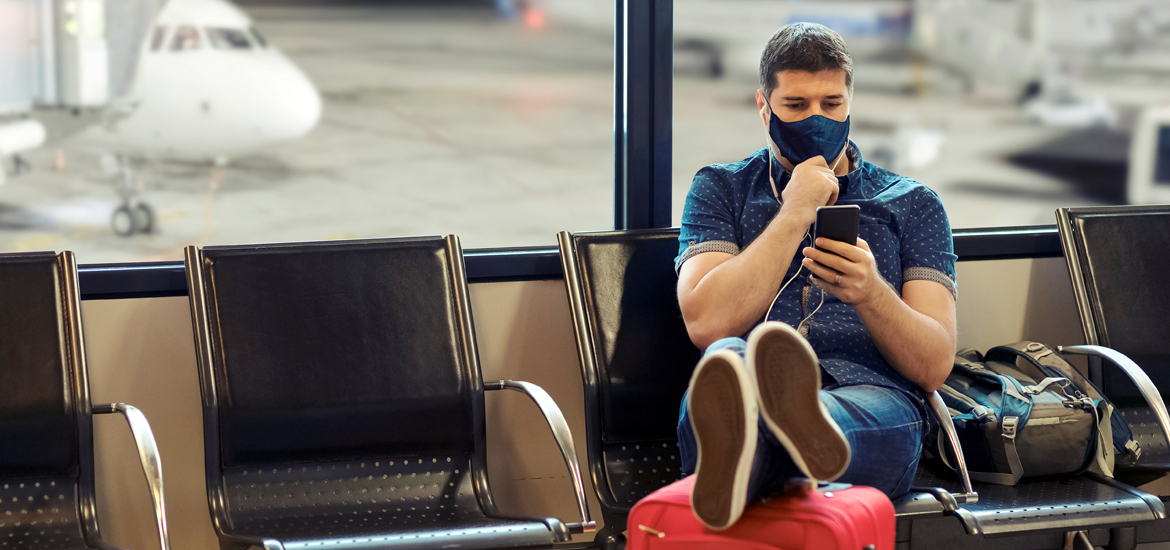On Monday, July 15, Iceland will officially open its borders to the rest of the world after going into lockdown in March. However, the Nordic Nation is operating with caution. With a limited number of flights showing that the number of travellers coming to the country is less than what the country is usually used to.
The country was praised for leading a new way of dealing with the pandemic. The country has so far only registered 1,806 cases and 10 deaths, and ranks seventh in the world in terms of tests carried out per capita; police detectives were drafted in to help track and trace infections. Much of the lockdown in Reykjavik, one of the most tourist-loved destinations of the country has already been lifted. With restaurants and bars reopened at the end of May, along with gyms and swimming pools. Public gatherings, one of the primary sources of spreading infection, are now allowed within a limit of 200 people. As of right now, Iceland has only 3 active cases of the virus.
However, as previously expressed, a tidal wave of visitors is not expected. While the borders may be open for travelling, many are still apprehensive of visiting other countries or travelling far distances in general. According to Icelandair, the nation’s flag carrier, social distancing will not be enforced in its flights, but face masks are still deemed mandatory. The airline has also asked its passengers to minimise movement around the cabin. While on land, Iceland’s government has asked both tourists and locals to maintain a distance of 2 metres from one another.
The restrictions
Unfortunately, while many dreamt of an Icelandic summer, the country imposed a set of last-minute restrictions that tainted those hopeful thoughts. The country has officially decided to go along with the recommendations of the European Interior Ministers, and will only allow European tourists for the entirety of June. This means that from July 1, Iceland will be open for everyone to visit. This was further confirmed by Iceland’s Justice Minister, Áslaug Arna Sigurbjörnsdóttir, who recently revealed that the country will open up to non-Schengen arrivals as of July 1, 2020, regardless of what other countries in Europe do. For now, border controls are being set up to differentiate Schengen arrivals from non-Schengen arrivals.
As the world adjusts to the new normal and countries like Sri Lanka ease off with the lockdown measures, travellers have once again become hopeful that the summer of 2020 will be a much better period than the first half of the year. However, only time will tell for sure.








